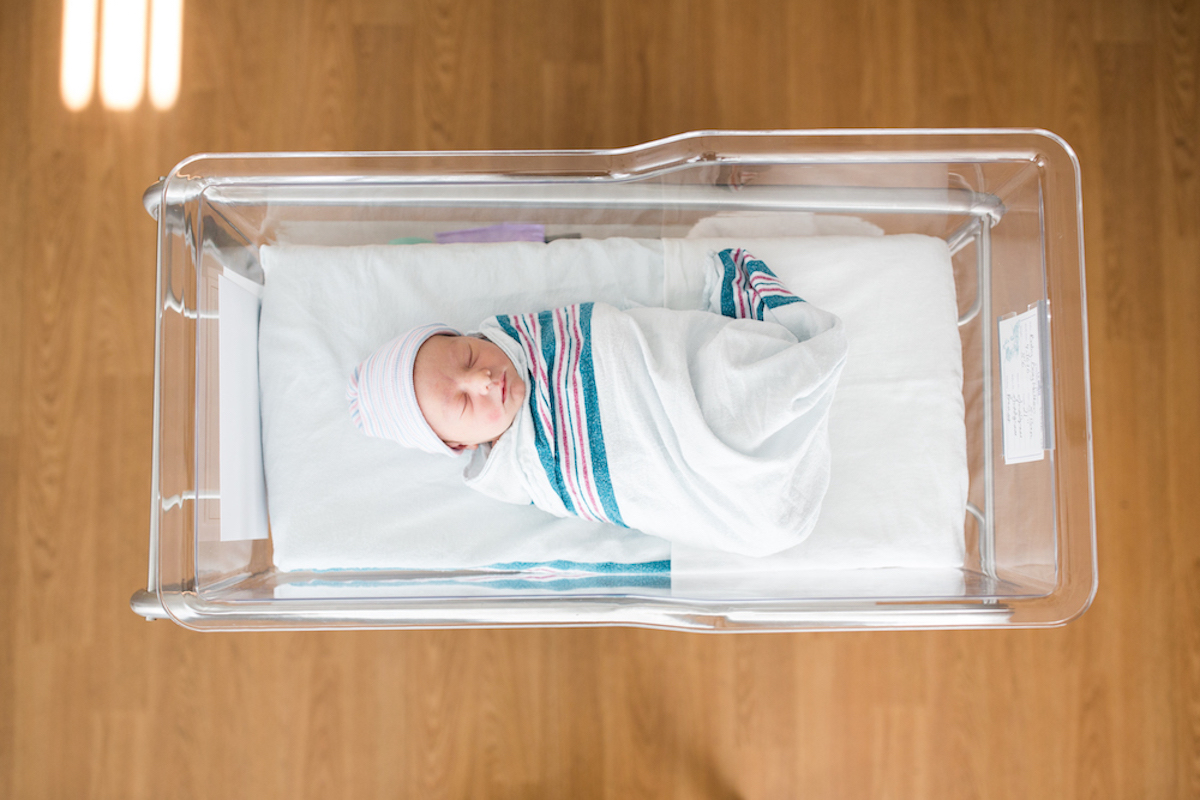Hi Emily! I’m curious about what you see in the data with respect to ear tubes. We have a 15-month old who’s had about four ear infections since he started day care in September. We recently saw an ENT who recommended ear tubes, but it’s not clear to me whether the data shows that ear tubes have significant success in reducing recurrent ear infections. I’m trying to weigh the potential upside of ear tubes and reduced ear infections with the risk of our son developing antibiotic resistance if we do nothing and we keep having to periodically treat him with antibiotics. What’s your take?
—Laura
This is a tough problem, and when one reads medical approaches to it, they heavily emphasize the importance of parent choice and of taking circumstances into account. Frequent ear infections are more concerning if they seem to be interfering with language development. They are also more concerning if a child is otherwise immunocompromised.
There are also a variety of changes that families will be encouraged to make before ear tubes are discussed, such as avoiding exposure to tobacco smoke and getting the flu and pneumococcal vaccines.
In a case with multiple ear infections (like yours), there is then a question of how to deal with it, and there are really three options.
- Expectant management: what you are doing now — just wait it out and treat the infections when they come
- Prophylactic antibiotics: treat a child with antibiotics daily for a longer period — perhaps six months — to get ahead of an infection
- Ear tubes
None of these is an obvious choice. Expectant management is non-invasive but is likely to mean more ear infections.
The approach of prophylaxis with antibiotics has been shown in randomized trials to have an impact on infections, reducing them by about half. This is a large reduction, but there are risks — if your child does get an ear infection, they will need stronger antibiotics. And continual use of antibiotics can disturb digestion.
There is relatively little evidence on the efficacy of ear tubes. In 2021 a randomized controlled trial of 250 children was published in the New England Journal of Medicine, and the results were underwhelming. There was no impact of ear tube placement on ear infections. One complication is that, like many trials of this type, the authors didn’t require people to adhere to their assigned group (this is a style of randomized trial called an “encouragement design” — the treatment is encouraged but not mandated). So some of the control group got ear tubes, and some of the treatment group didn’t. This could explain some of the null results, but it seems very unlikely based on this that the results could be large.
I talked about this on Instagram recently, and I got a huge number of people basically telling me that ear tubes saved their sanity. It raises to me some interesting – and unanswered – questions about how we reconcile these randomized data with experiences.
I wish this was more helpful! There is no obvious solution.

















